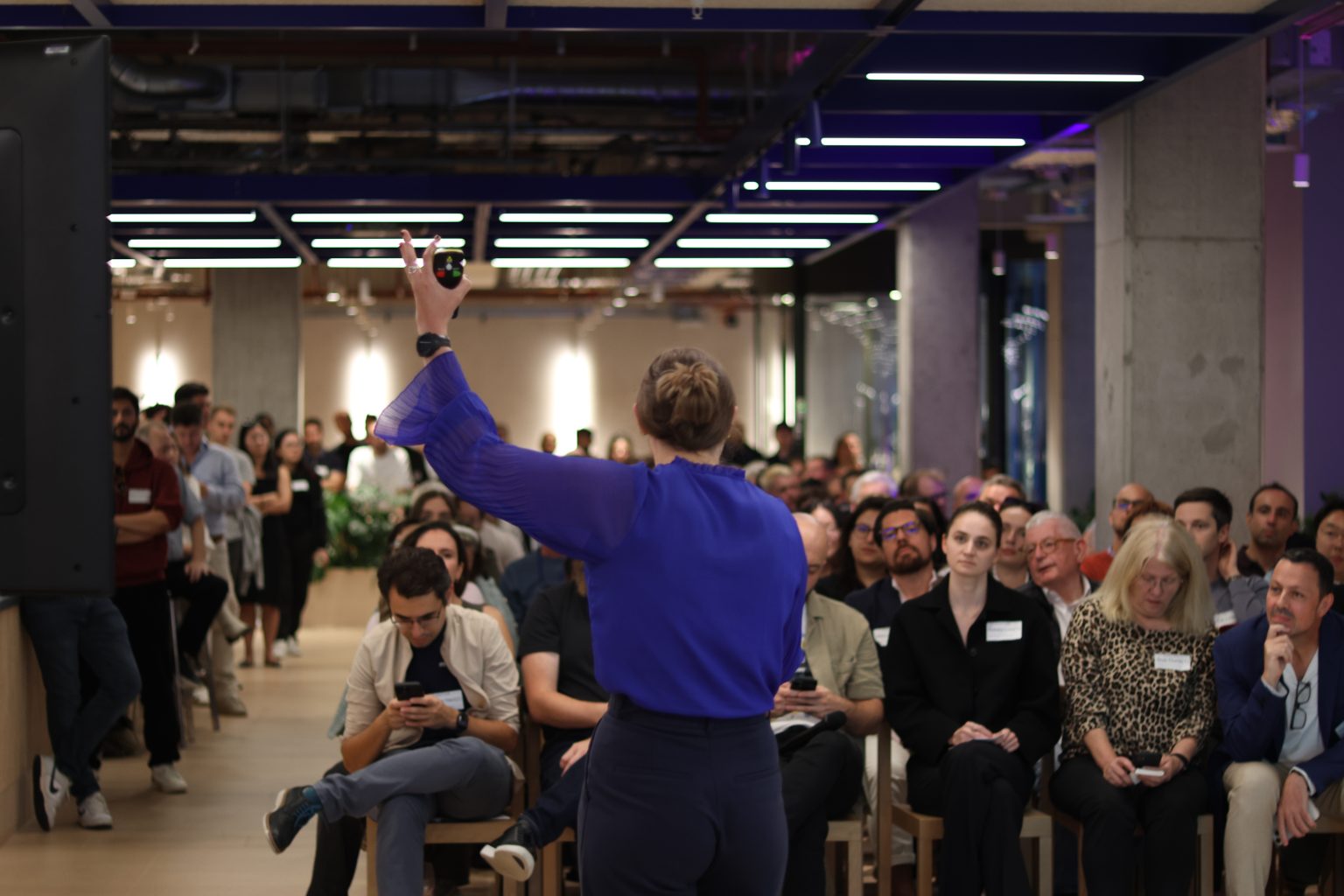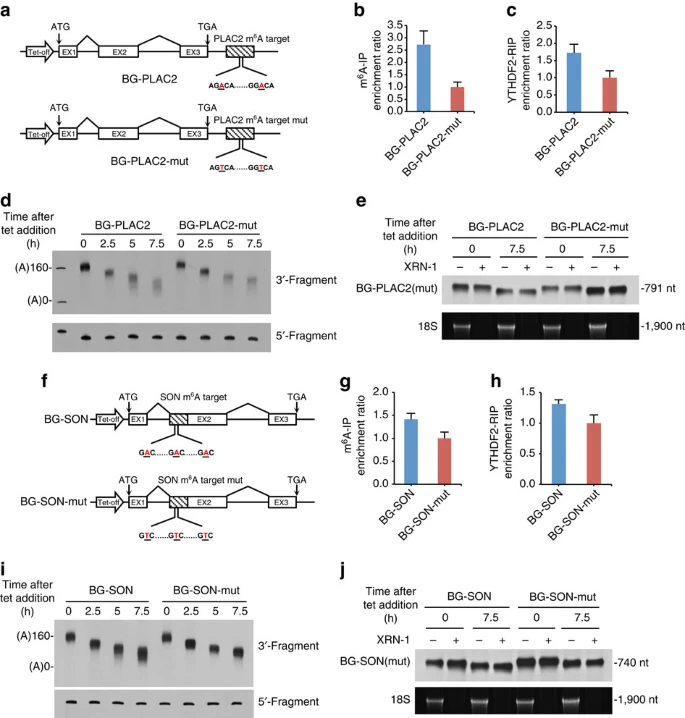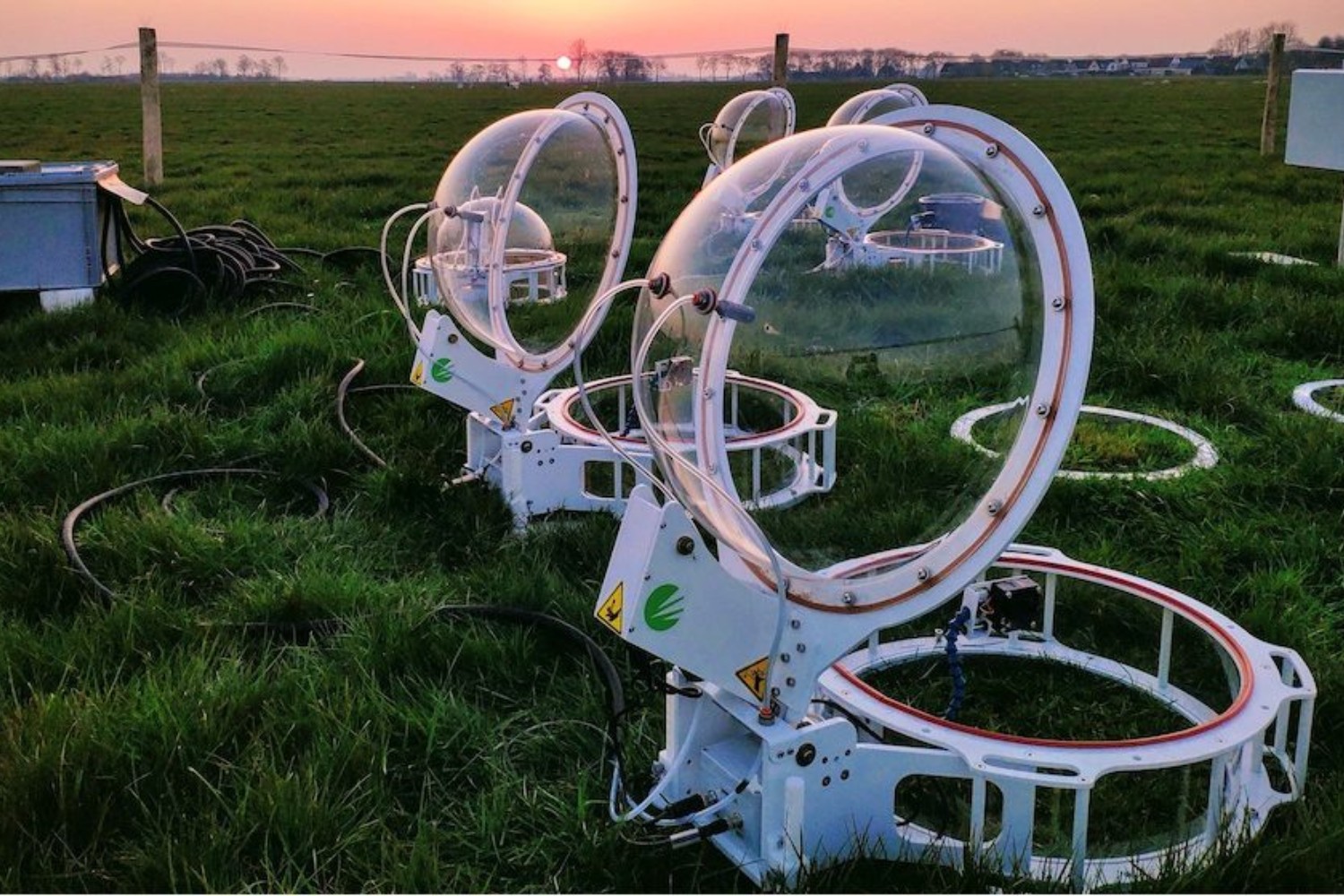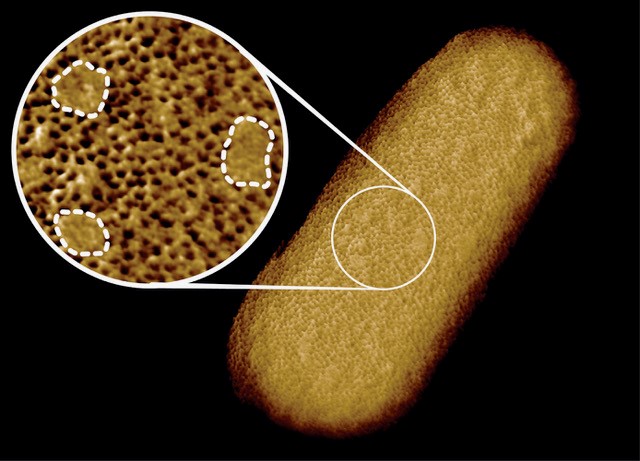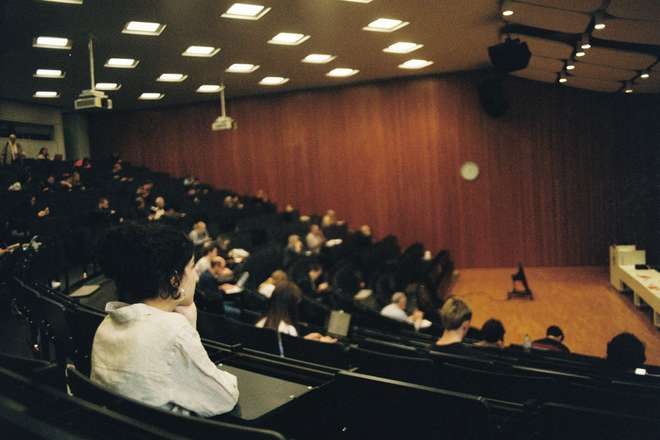Thirty-one new technology awards will equip scientists with the infrastructure they need to answer some of the most pressing challenges in biology and beyond.
These include imaging tools that reveal how cells behave in real time, to a mobile platform that tracks carbon movement on farms.
The awards are funded by the Biotechnology and Biological Sciences Research Council (BBSRC) to the tune of £27 million.
World class-infrastructure
They have been made under BBSRC’s ALERT scheme, which is designed to ensure UK bioscience researchers have access to the latest mid-range equipment and technical expertise.
This ranges from funding upgrades and ‘workhorse’ equipment to cutting-edge technologies and lab-to-field platforms.
Dr Amanda Collis, Executive Director for Research Strategy and Programmes at BBSRC, said:
This funding strengthens the UK’s bioscience capability by investing in advanced research equipment, enabling transformative science and fostering collaboration. In doing this, we are supporting world-class infrastructure that drives discovery and innovation essential to deliver real-world impacts and transform lives.
Tackling urgent real-world challenges
The technologies funded through ALERT will enable transformative outcomes.
Unlocking new approaches to tissue regeneration
A dedicated axolotl research facility at the University of Edinburgh, the only one in the UK, will help researchers investigate how these rare amphibians regenerate limbs, spinal cords and organs.
This could lead to long-term breakthroughs in how we treat injuries and degenerative diseases.
Supporting sustainable agriculture and net zero
A mobile carbon flux tracking platform at Lancaster University will help researchers measure how carbon moves through UK farmland.
This will provide critical data for improving soil health, land use policy and climate-smart farming practices.
Exploring brain function across the lifespan
The University of Birmingham will establish a wearable brain-imaging platform to track neural activity from infancy to old age in real-world settings.
By leveraging an emerging quantum technology to overcome the limitations of existing brain imaging methods, this breakthrough could transform our understanding of brain development, social interaction, education and future healthcare.
Improving human health and resilience
New high-resolution imaging systems and advanced analytical tools across the UK will enhance our understanding of fundamental biology and immune responses to help tackle cancer, neurological and infectious disease and antimicrobial resistance.
Boosting food security and nutrition
Upgraded nuclear magnetic resonance (NMR) spectroscopy and genomics platforms will support research into crop development, food digestion and the design of future foods with targeted health benefits.
Building capacity across the UK
The ALERT programme supports the wider bioscience ecosystem, with nine of the funded projects being led by research technical professionals.
These roles are critical in ensuring complex research infrastructure is expertly maintained, operated and embedded into UK research environments.
ALERT in action
Launched in 2013, ALERT has supported more than 300 awards across the UK, providing the bioscience community with access to essential equipment that drives innovation and delivers research with impact.
Weather in the lab
A new £1.5 million Global Meteorological Simulator has been launched at the University of Exeter, creating a groundbreaking way to ‘bring the weather into the lab’.
This state-of-the-art facility can replicate wind, rain, mist and future climate scenarios, enabling researchers to study how crops and pollinators respond to changing conditions.
Early projects include investigating how rice diseases spread in tropical climates and how bees adapt to abrupt weather changes.
Funded by BBSRC’s ALERT 2022 scheme, with additional support from the University of Exeter, the simulator is one of only a few in the world capable of combining multiple weather variables simultaneously.
By enabling experiments that would be impossible in the field, it provides scientists with a powerful tool to tackle urgent challenges in food security, crop resilience and pollination under climate change.
Skin-swab breakthrough for Parkinson’s
A breakthrough in Parkinson’s disease diagnosis is emerging from The University of Manchester, powered by BBSRC ALERT funding awarded in 2014.
Researchers have developed a simple skin-swab test that can identify Parkinson’s far earlier and more accurately than current methods.
The funding enabled the purchase of cutting-edge mass spectrometry equipment, allowing researchers to analyse chemical changes in sebum, the oily substance produced by skin.
Using high-resolution mass spectrometry, the team uncovered unique molecular signatures linked to Parkinson’s, creating a new diagnostic pathway.
The impact to date has been significant:
- the research has moved from fundamental science to a diagnostic tool now being trialled in NHS clinics
- it demonstrates how BBSRC-funded infrastructure enables discovery research that can translate into health innovation
- The University of Manchester is collaborating with healthcare partners to bring the test into routine practice, with the potential to transform lives and livelihoods through early diagnosis for thousands of patients
Miniature models, major breakthroughs
In 2022, BBSRC’s ALERT funding enabled the Royal Veterinary College to launch a pioneering organ-on-a-chip facility, now central to their new Centre for Vaccinology and Regenerative Medicine.
This cutting-edge microfluidic technology replicates animal tissue environments, such as barriers and organs, within miniature chips to model how diseases, vaccines and therapies interact in realistic physiological contexts.
The facility supports research on host-pathogen interactions, vaccine development and regenerative medicine.
Further, it significantly reduces reliance on live animal testing, advancing both scientific understanding and the 3Rs principles (replacement, reduction and refinement).
BlueCryo powers COVID discovery
In 2017, BBSRC’s ALERT scheme provided critical support to establish BlueCryo, a high-performance computing cluster at the University of Bristol dedicated to cryo-EM image processing.
This advanced infrastructure significantly accelerated 3D structural biology analysis across multiple research domains.
The real-world impact of this investment became clear in March 2020, during the COVID-19 pandemic, when Bristol researchers leveraged cryo-EM supported by BlueCryo to unravel the structure of the SARS-CoV-2 spike glycoprotein.
This breakthrough revealed a conserved fatty acid binding pocket across deadly coronaviruses, including SARS-CoV, MERS and Omicron strains.
The discovery is now informing the development of pan-coronavirus antivirals, offering therapeutics that could address both current and future outbreaks.
BlueCryo demonstrates how strategic infrastructure funding can enable rapid, globally relevant scientific advances.
Full article here





